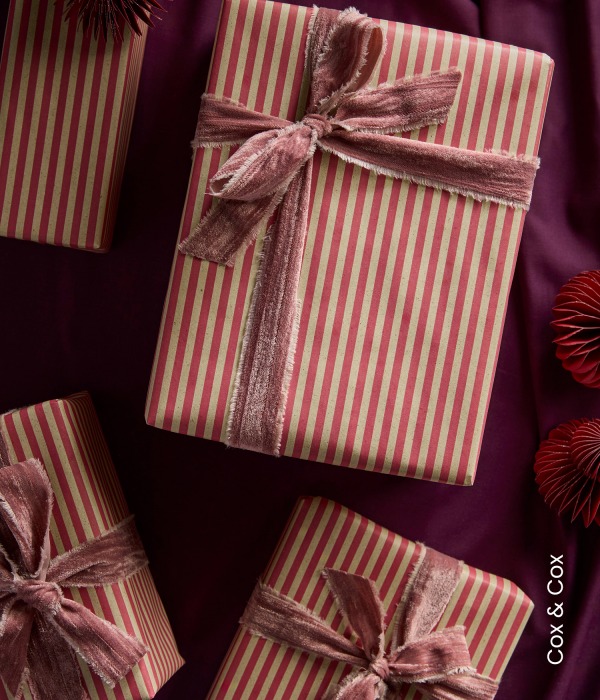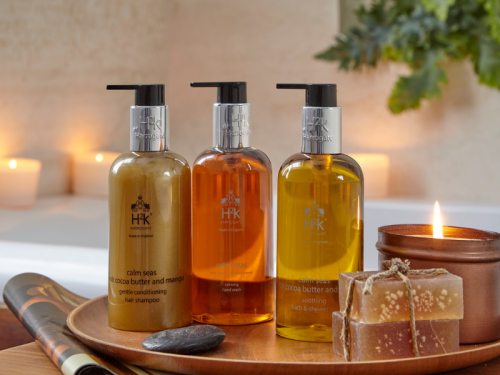Female Farmers: A Celebration of Women in Agriculture in New Exhibition
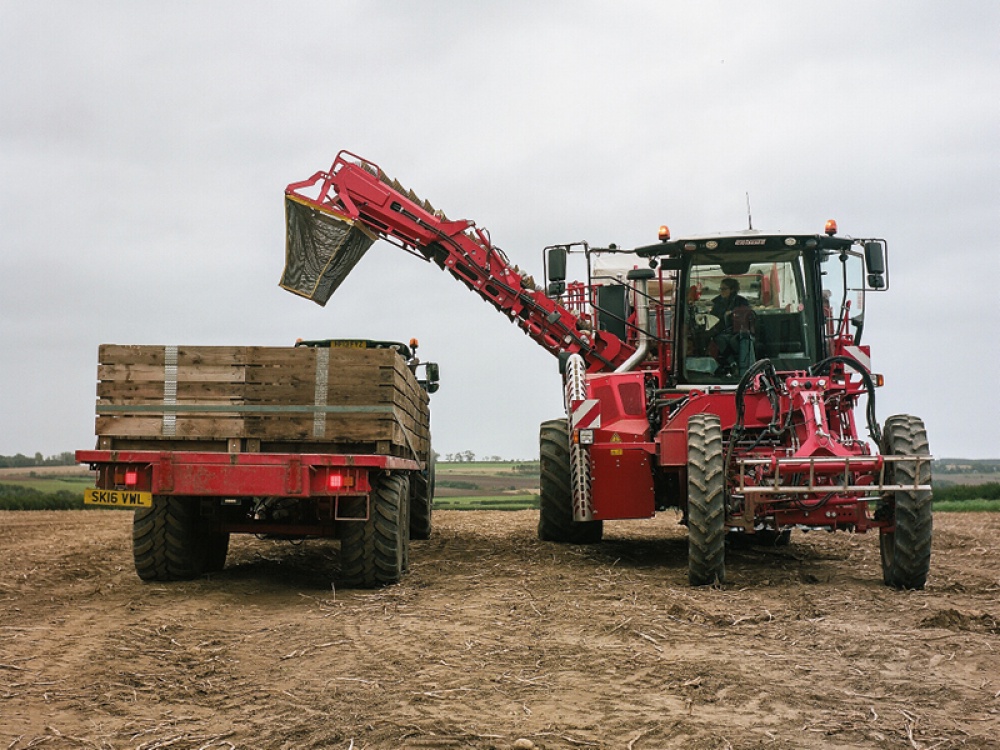
Photographer Jo Coates’ powerful portrait exhibition, Daughters of the Soil, highlights the vital, yet often unrecognised role played by the many female farmers from across Northumberland and the Scottish Borders
Jo explains how photography has always helped her share social issues and stories. ‘It’s been a constant throughout my life, and something I’ve always been connected to,’ she reveals. She went to London when she was 19 to study photography but always knew she’d return north. She was told there wasn’t much chance of a career in photography in the North, but that didn’t stop her. ‘I was stubborn and I didn’t really understand why that would be, so I moved back up home and really wanted to prove to people that you could be a Northern, working-class photographer and make it work,’ she says.
This project began with an artist residency which Jo applied for after hearing the theme – gender and agriculture. When she graduated, Jo began working on a farm in the Dales to keep money flowing while working on her photography. ‘I guess I had a bit of an insider perspective, but also an outsider perspective because I never really felt like a farmer, but never felt fully accepted in photography,’ she explains. ‘As soon as restrictions eased, The Maltings still wanted to support me to take on this residency when it was safe to do so. What it really meant for me, as a photographer and artist, was that I had concentrated time to focus on one subject and that’s something I hadn’t been able to do before because I’ve always had to juggle other things like work or commissions. It really was life changing for me to have this residency.’
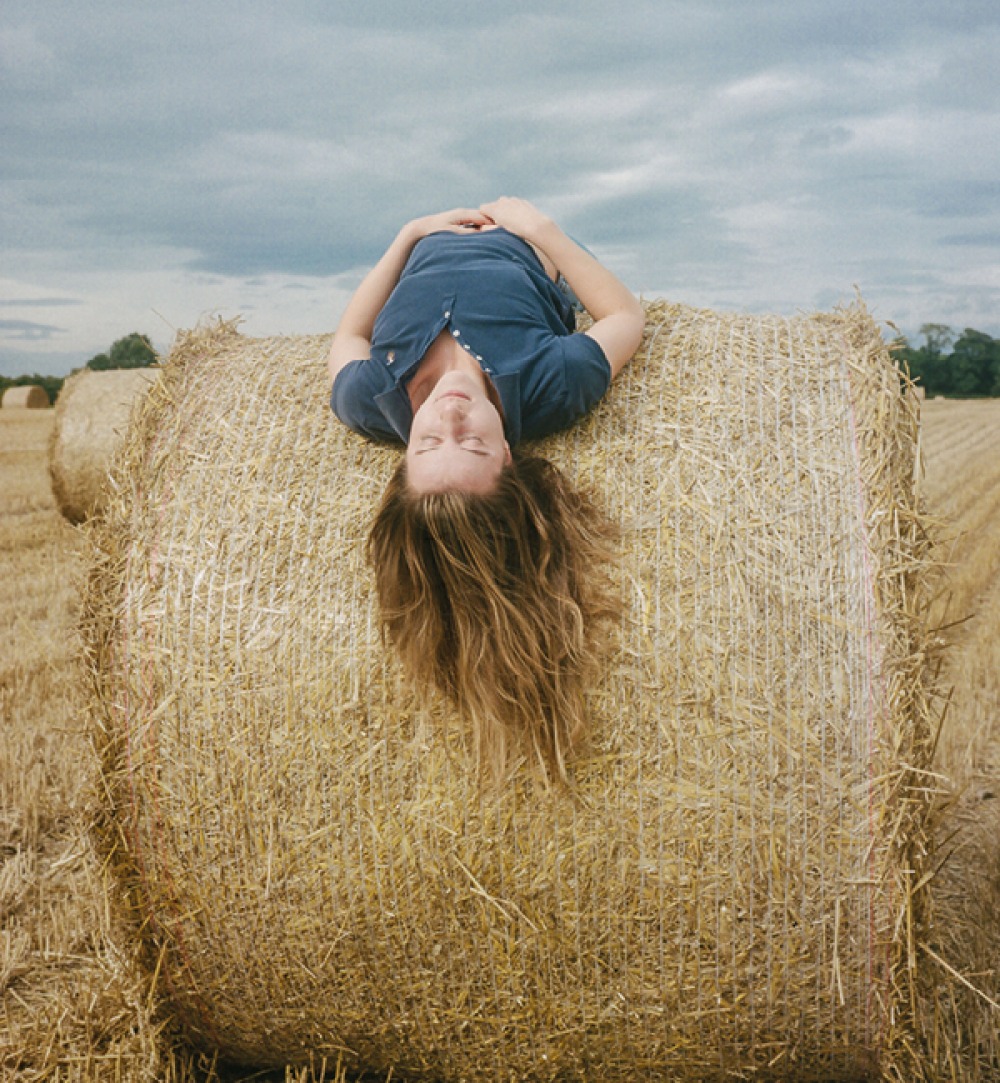
The exhibition Daughters of the Soil showcases Jo’s photography while sharing the lives and stories of the women she photographed. The female farming workforce of today are driving tractors, have a social media presence, and can be seen on the TV, but Jo says they don’t often inherit land or work in leadership positions. That led her to ask questions about land inheritance, farming stereotypes and the history surrounding farm work.
‘For me, it was something I hadn’t necessarily seen covered in the way I wanted,’ she explains. ‘I often see pictures of women in agriculture but I don’t often see the issues that they face talked about. That might be in terms of being a mother and working on the farm. For example, being pregnant and having to stay away from the livestock because of the issues that can cause; or having extra jobs, which really supplement the farm’s income, but then coming home after working an eight hour shift and doing all the paperwork, and preparing the meals, then lambing at the weekend. It’s a full-time thing that can sometimes be romanticised. It can be an amazing lifestyle and I think many of the women would say they’re lucky in that, but it’s also really hard work and there’s lots of hours that go into it, and lots of really emotional and stressful times that maybe aren’t spoken about as much. For example, when you lose animals.’
When initially applying for the residency, Jo talked to her partner’s mum. ‘I asked her why she doesn’t call herself a farmer and she said, “I don’t do that much; I’m just someone who works on the farm”. It was that word “just” that kept coming up. I think it’s really important to celebrate these women and take away that word “just”. They’re not “just” a farmer’s wife or “just” a farm worker – they are farmers.’
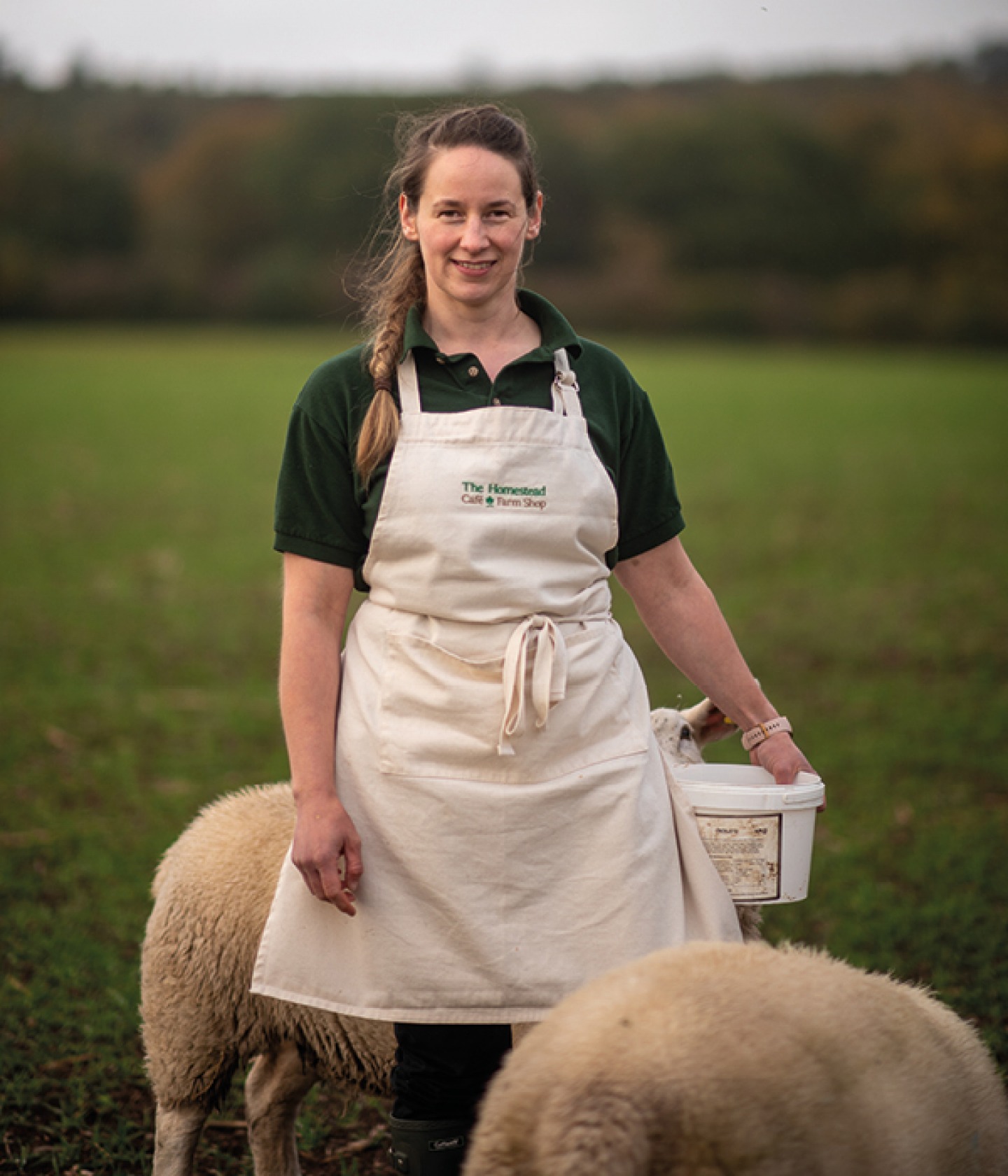
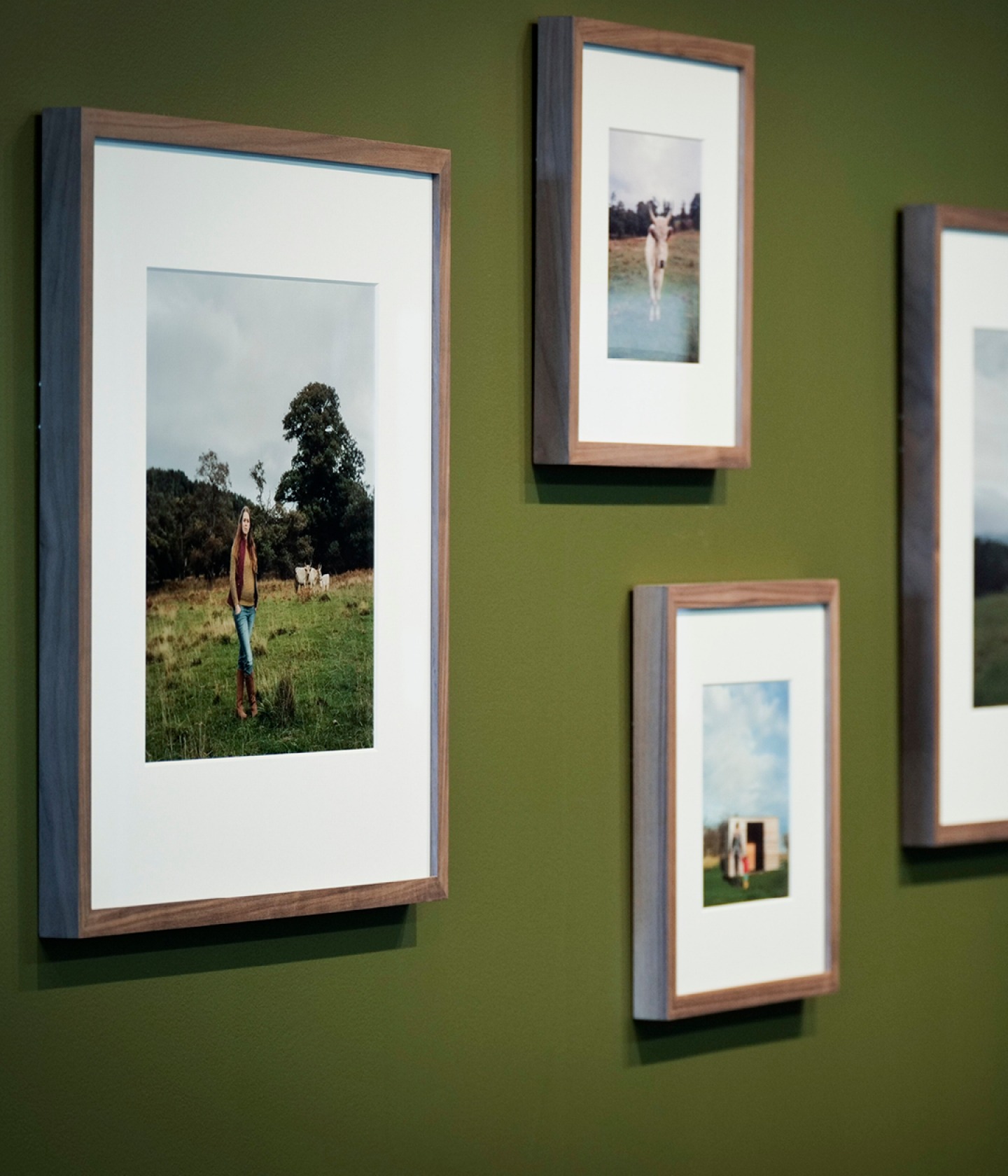
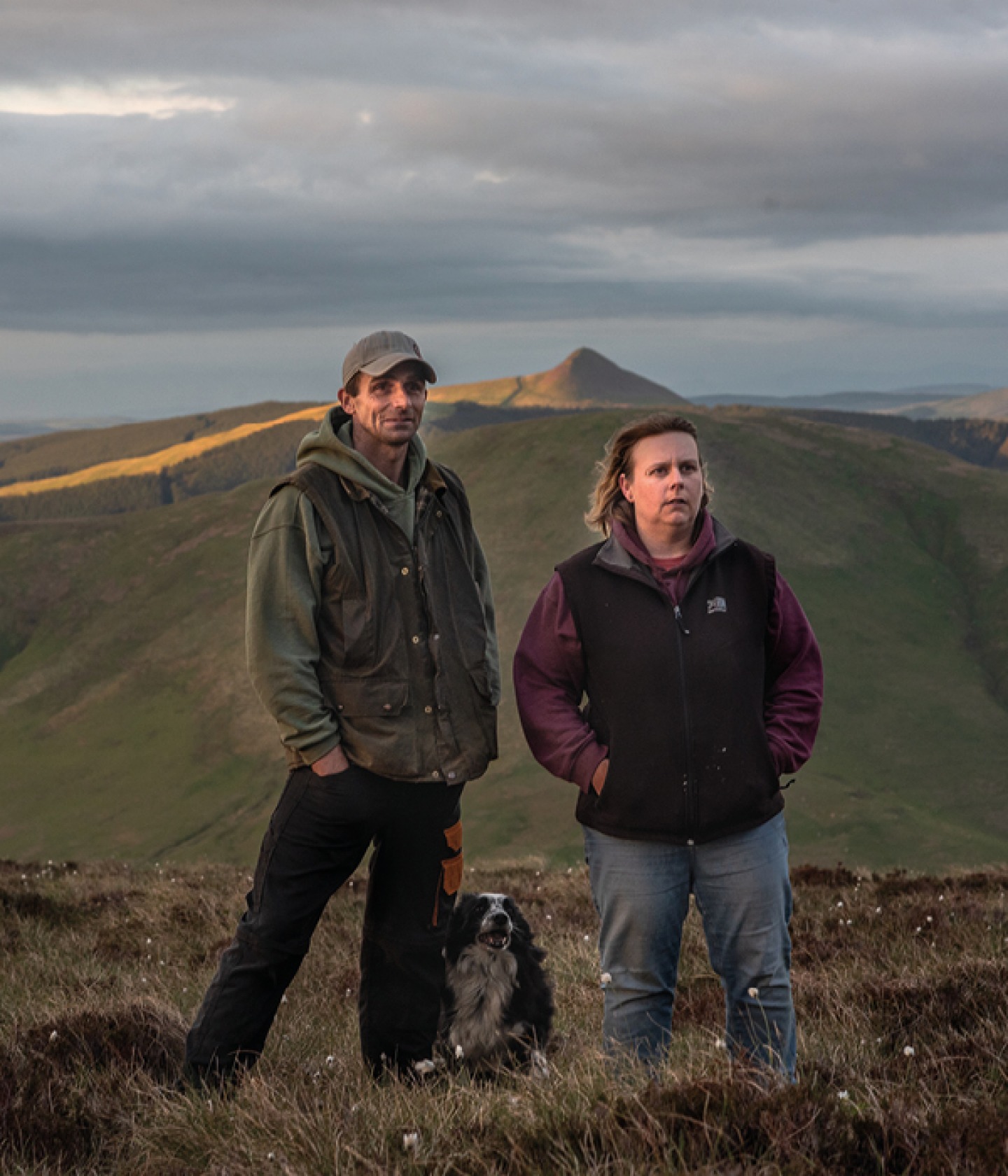
One of the key things Jo realised is the importance of community within farming. ‘Whether that’s you and your partner, or you and your workers, or you and your family – it’s very hard to be a farmer on your own. Farm life can get really lonely and I think it’s one of those jobs where it’s easy to become isolated; so you should really work on community.’ Jo uses the Ladies Who Lamb page on Facebook as just one example of community support.
All the stories behind Jo’s exhibition are unique, but throughout all the conversations she had, one thing stuck with her. ‘I asked “what’s it like being a woman in agriculture?” They’d say “I can do anything” and “I can do all the things the men can do”, and I think the thing that really struck me was their determination to get on and do it, despite any obstacles or difficulties. A lot of those women were in charge of the diversification aspects of projects on the farm. They’d be the driving force thinking about farming for tomorrow. A lot of the time, the woman would be the ones behind the scenes doing all the paperwork as well as helping out on the farm.’
The difficulties some farming families face was clear in one family’s story. ‘It was the youngest brother who would inherit the farm and they were saying it’s not that they didn’t think about that, it’s just the way it is,’ she recalls. ‘We were talking about how the eldest sister was a more natural farmer and had been doing it all her life, whereas the brother didn’t want to. The family said they would really worry about what that would mean for her. They were worried that if they did give the job to her, but there wasn’t any support, would that mean she wouldn’t be able to have a family? Would that mean that she wouldn’t be able to have a second income, and would that mean that she didn’t fit in within her community? That made me understand why support is needed.’
Jo hopes that people who visit her exhibition have an immersive experience, while getting a better understanding of farming through these stories. ‘I’ve designed the exhibition to have the colours of the countryside, and structures but in an abstract way,’ she says. ‘There’s also a quiet place where people can sit down and get to grips with the subject by reading up on it. There’s lots of resources. It’s family-friendly. I’ve included activities for young people too.’
Looking back at her hard work, Jo feels proud. ‘I was really happy with how the show turned out, but it didn’t really feel real until we had the opening and I saw my work on display,’ she says. ‘I think the real moment for me was when a lot of the women who are in the photos came along and I saw them interact with my work. A lot of them said that I really captured an essence of them that no one else sees. That was really important to me – I love the conversations you have afterwards with people. Those moments of realisation are really important.
‘Having a solo show is something I wouldn’t have been able to do without the support of The Maltings and it really does help because it allows more people to see your work and to really know what you’re about. It is really life changing.’
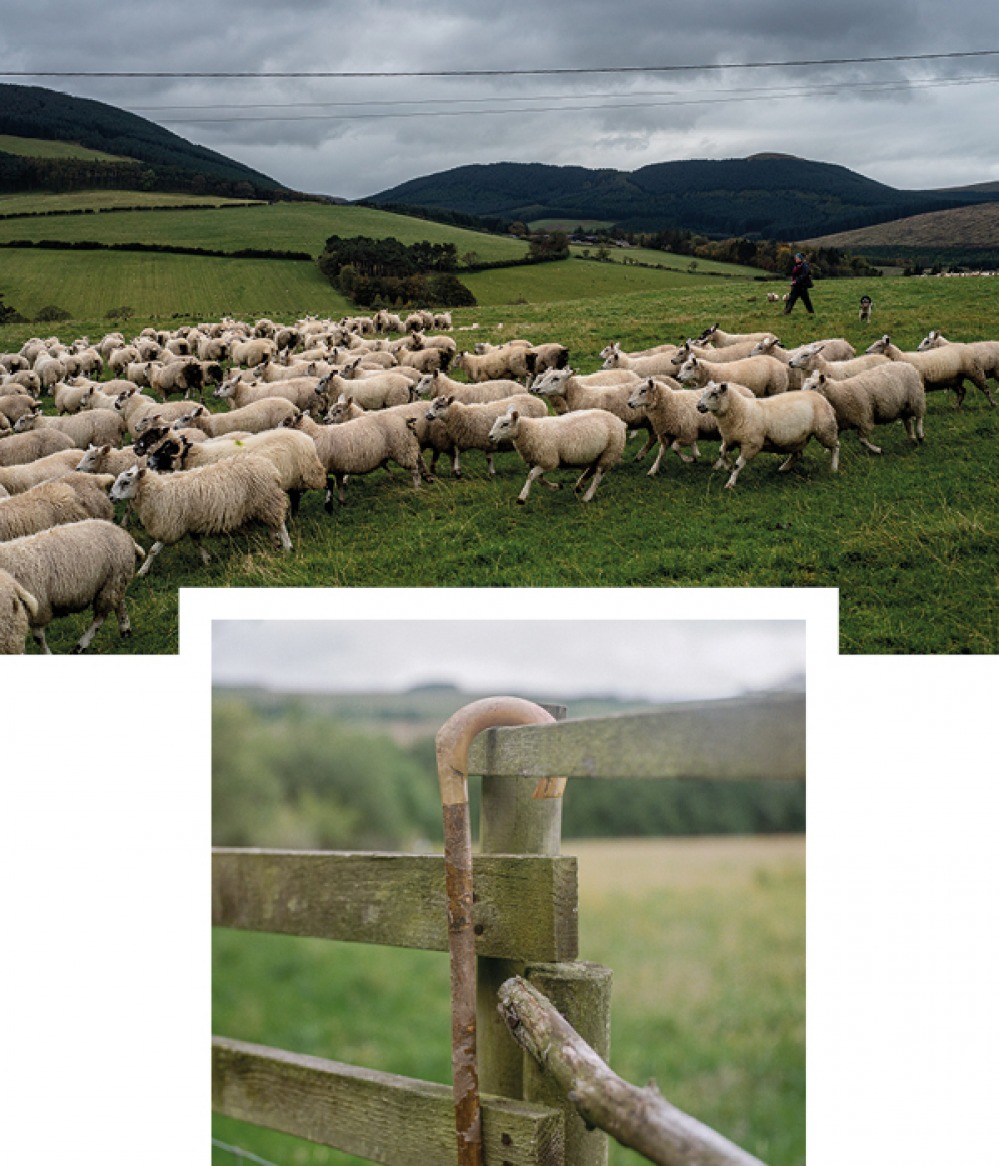
To inform her work Jo collaborated with Professor Sally Shortall, Duke of Northumberland Chair of Rural Economy, and an expert on gender and agriculture, and found that while women make up 15 percent of the farming industry in the UK, their contribution is often overlooked. ‘Going forward, I think there are going to be changes in terms of how women are supported and there might only be a small percentage of women who are farm owners or farm managers, but there are many other women out there who might need support that they can’t access.’
Jo highlights The Red Shepherdess, The Yorkshire Shepherdess and Joyce Campbell as inspirational female farmers who are already highlighting the future of farming for females. ‘If people wanted to read up on this more, James Rebanks’ books touch on diversification and farming for the future from a farmer’s perspective, and one of my favourite farmers from near where I live is Hannah Hauxwell and I know that her documentary series is really old but it’s one worth looking at again, just to see how times have changed.’
Daughters of the Soil will be shown at Vane, Gateshead in August

